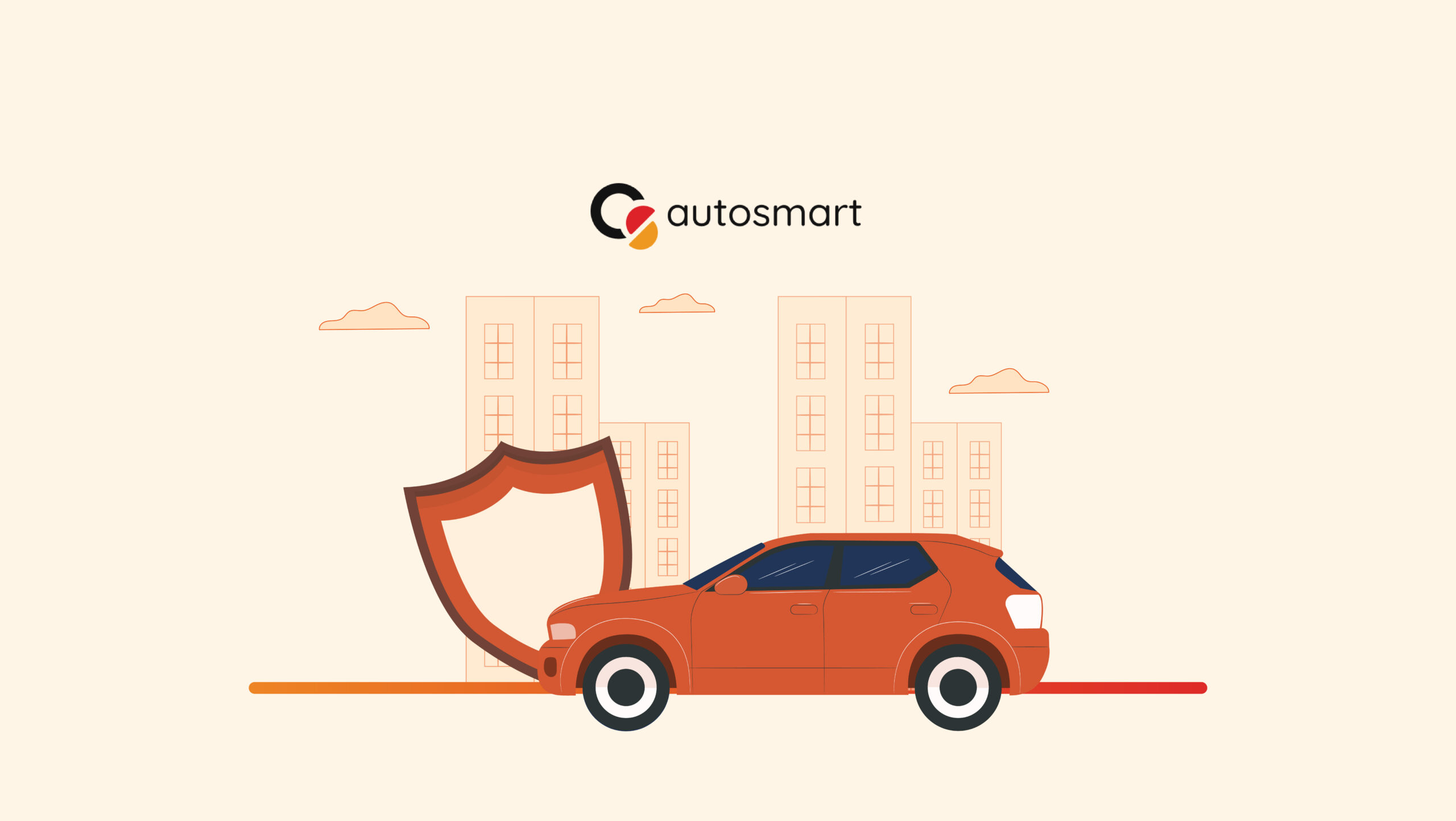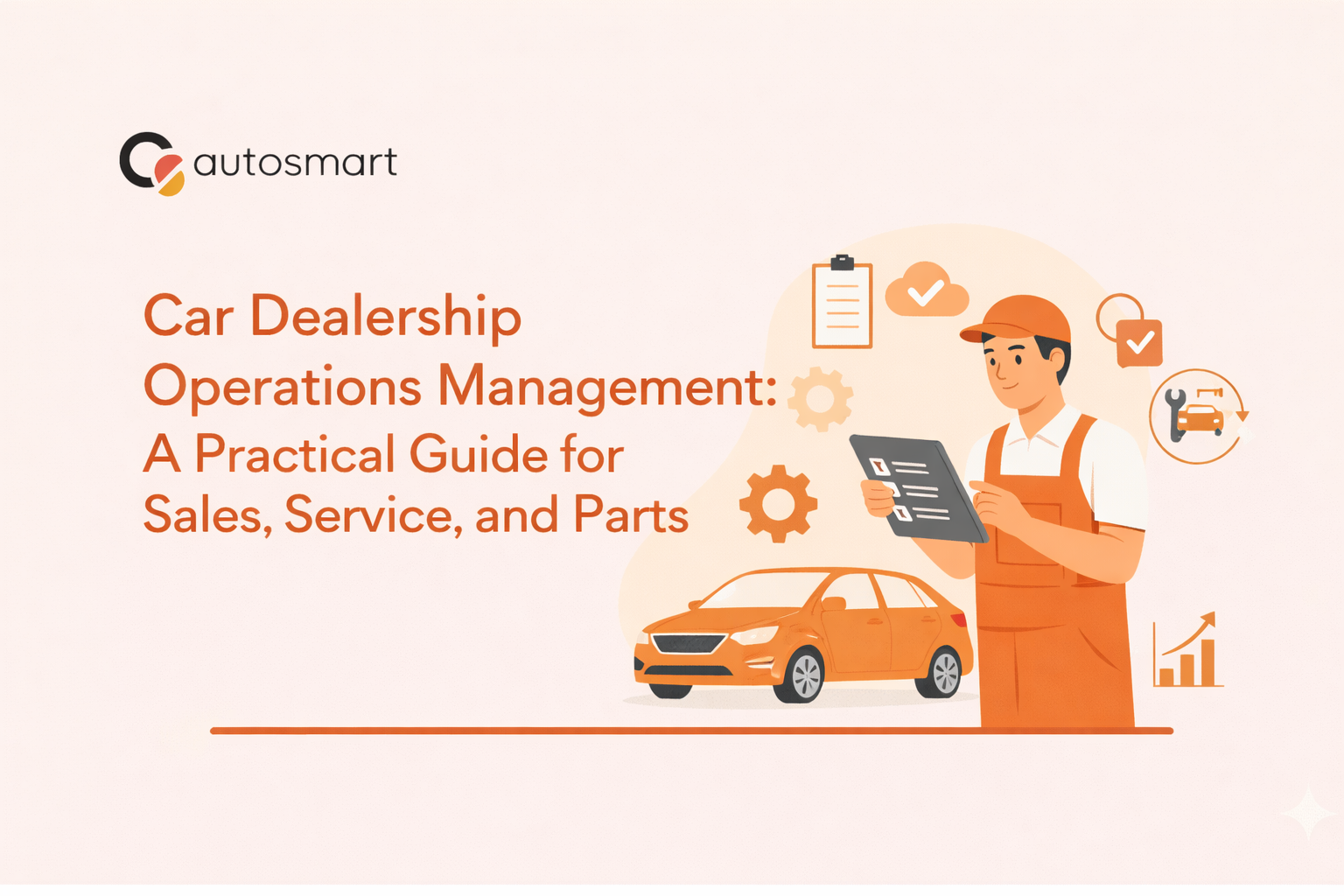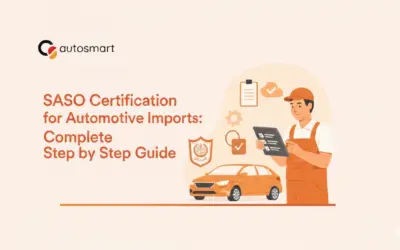Explore how the UAE’s evolving automotive regulations impact dealerships, from licensing and facility standards to quality control and health and safety. Discover how AutoSmart Audit can streamline compliance and enhance customer satisfaction, making it easier for dealerships to thrive in this dynamic market.
Introduction
The United Arab Emirates, with its diverse and rapidly evolving economies, presents a dynamic market for the automotive sector. The automotive industry is undergoing a dynamic transformation, driven by rapid technological advancements, changing consumer preferences, and evolving government regulations. With a focus on sustainability, safety, and technological advancement, these changes are reshaping the market landscape and setting the stage for a more innovative and environmentally conscious future. Understanding and navigating the regulatory landscape is crucial for establishing and expanding the business.
Automotive dealerships must stick to standards to ensure quality service, safety, and customer satisfaction. This overview will cover key aspects such as facility requirements for showrooms and service centers, quality control measures, and health and safety protocols designed to maintain high standards in the automotive industry.
Dealer Licensing
As an authorized dealer, maintaining licenses and adhering to guidelines are crucial for success. Authorized distributorship involves a close partnership between an automobile manufacturer and a selected distributor. Each automobile manufacturer typically appoints a single authorized distributor in the country. This arrangement ensures consistent brand representation and allows the manufacturer to closely monitor sales and service quality. For the authorized distributor, exclusivity and access to marketing support are significant benefits.
For example, the UAE requires a commercial license for all companies, individual sellers, manufacturers, vehicle importers, and vehicle exporters to buy and sell cars. This license is issued by the Roads and Transport Authority (RTA) before vehicles can be driven on UAE roads. Dealerships must comply with Value-Added Tax (VAT) laws, which differ from everyday VAT. The UAE implemented a 5% VAT in 2018, and dealerships must register for VAT and comply with the relevant regulations.
Facility Standards
The UAE government mandates specific standards for dealership premises, showrooms, and service centers to ensure a high-quality environment for both customers and employees. These standards address various aspects, including layout, design, cleanliness, and overall customer comfort. Dealerships are required to create an inviting, well-organized space that enhances the customer experience. This involves maintaining a clean and aesthetically pleasing environment and ensuring that customers feel welcomed and comfortable during their visits for vehicle purchases, servicing, and repairs. The goal is to provide a professional and pleasant atmosphere that meets the expectations of the clientele.
Quality Control
Quality control is a critical aspect of the automotive industry, ensuring that all vehicles meet strict safety and performance standards. To maintain these high standards, regular inspections are conducted to verify that every vehicle complies with the required quality benchmarks. Additionally, many dealerships offer Certified Pre-Owned (CPO) programs. Through these programs, used cars are subjected to thorough inspections and refurbishment processes to ensure they meet specific criteria before being sold as certified pre-owned vehicles. This approach provides customers with the assurance that both new and pre-owned vehicles meet the highest standards of safety and performance.
A suitable example is the UAE’s Federal Law No. 15 of 2017, which regulates the quality and safety of vehicles in the country. This law ensures that all vehicles sold in the UAE meet specific safety and performance standards, which are regularly inspected and verified by authorities. The law also provides for the certification of used vehicles through CPO programs, ensuring that these vehicles meet the required quality benchmarks before being sold to customers.
Health and Safety Standards
Health and safety standards are fundamental in the automotive industry to protect both employees and customers. Comprehensive guidelines are established to create a secure working environment, addressing a variety of safety concerns.
For workplace safety, dealerships are required to follow strict protocols that include fire safety measures, proper electrical safety practices, and the correct handling and storage of hazardous materials. These protocols are designed to prevent accidents and ensure a safe and efficient working environment for all employees.
Customer safety is equally prioritized. Dealerships must ensure that their premises are safe for visitors during showroom visits, test drives, and service appointments. This involves maintaining clear and hazard-free walkways, providing adequate signage, ensuring that vehicles are safely displayed and handled, and conducting test drives in a controlled and safe manner. These measures are implemented to guarantee that customers can visit and interact with the dealership’s facilities without any risk to their safety.
Conclusion
In conclusion, the automotive industry in the UAE is subject to a comprehensive regulatory framework that prioritizes consumer safety, environmental sustainability, and technological advancements. Dealerships must adhere to strict standards for facility requirements, quality control measures, and health and safety protocols to ensure high-quality service and customer satisfaction. By understanding and navigating these regulations, automotive dealerships can establish and expand their businesses effectively in this dynamic market.
To ensure that these regulations are met, AutoSmart Technology presents AutoSmart Audit, a product designed to help automotive dealerships comply with all industry standards and guidelines. With real-time tracking and making the audit process easier, dealerships can confidently maintain compliance with all regulatory requirements, enhancing the overall customer experience and ensuring operational excellence.




